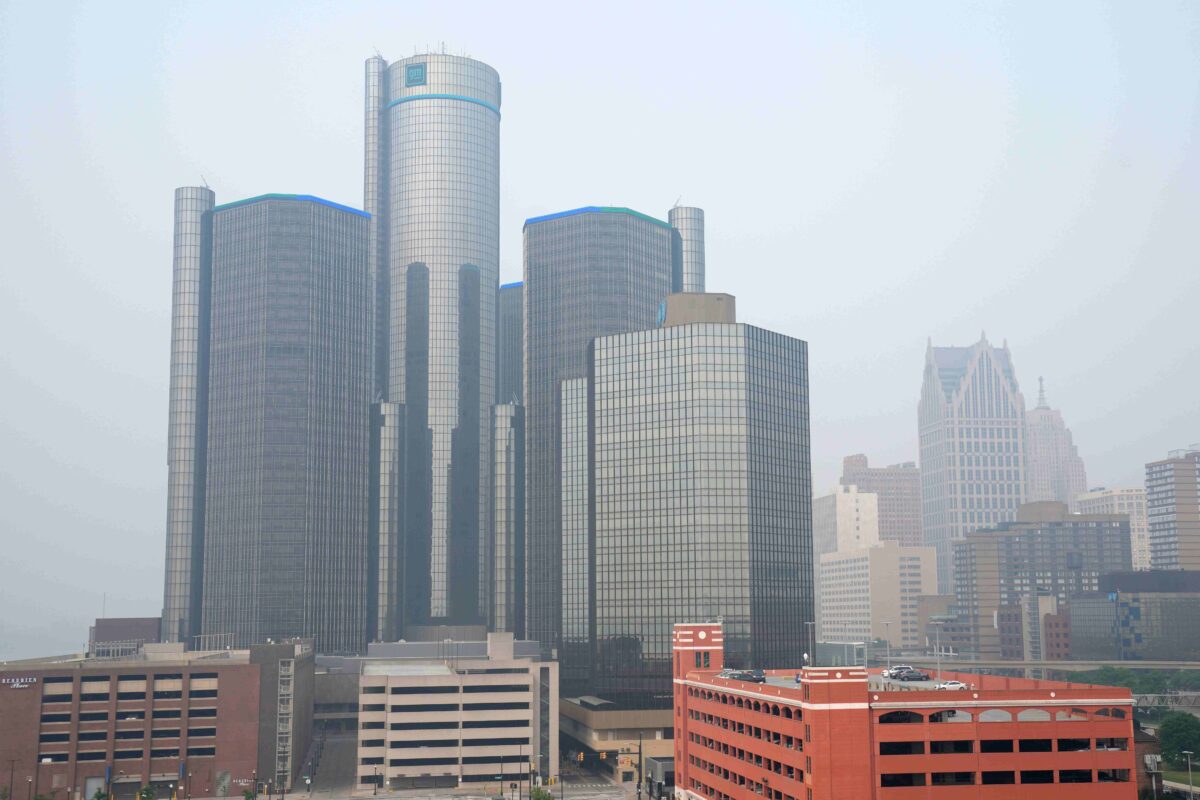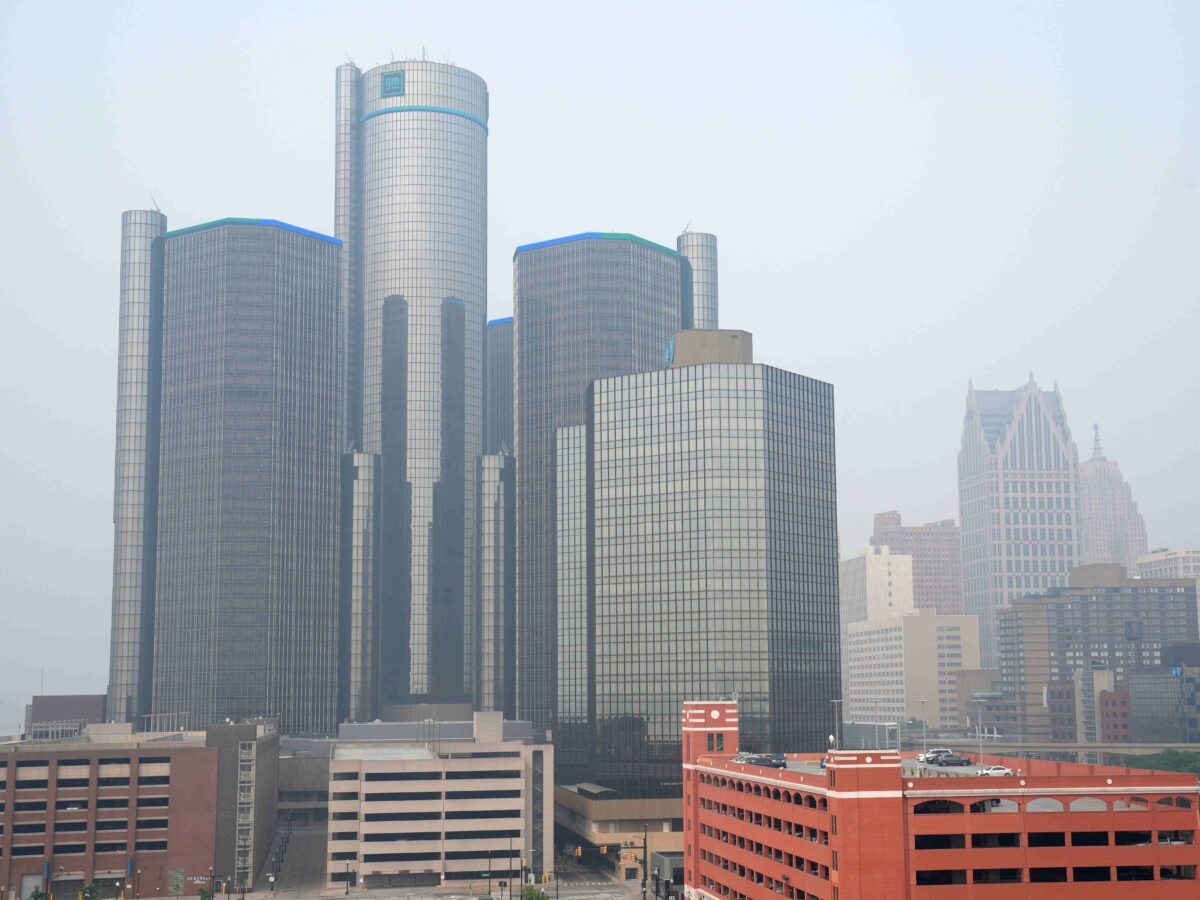Overview:
- As Canadian wildfire smoke drifts into Michigan, the state’s Department of Environment, Great Lakes, and Energy (EGLE) has issued an air quality alert, urging residents to limit outdoor activities.
- This is particularly crucial for those with heart or lung conditions, as elevated PM2.5 levels pose health risks. Communities are advised to monitor symptoms like coughing and chest tightness.
- Resources such as MiAir and EPA AirNow provide essential updates, while health tips from MDHHS emphasize staying indoors and reducing additional pollution.
The Michigan Department of Environment, Great Lakes, and Energy (EGLE) has issued a statewide air quality alert through Monday, July 14, due to elevated levels of fine particulate matter (PM2.5) from Canadian wildfire smoke.
Smoke has already impacted the Upper Peninsula and northern Lower Peninsula and is expected to spread east and south through the rest of the state. Northern areas may experience Unhealthy (Red AQI) air quality, while central and southern regions are likely to see Unhealthy for Sensitive Groups (Orange AQI) to Moderate levels.
What to know:
- Limit outdoor activity, especially if you have heart or lung conditions like asthma.
- Watch for symptoms such as coughing, wheezing, chest tightness, and eye or throat irritation.
- Avoid outdoor burning and use of wood-burning devices to reduce additional pollution.
- Keep windows closed and run air conditioning with MERV-13 or higher filters if available.
Resources:
- Michigan air quality data (MiAir)
- National air quality (EPA AirNow)
- Health tips for wildfire smoke from MDHHS
Stay indoors and check updates regularly as conditions may change.
MORE AIR QUALITY COVERAGE
Climate is adding to Detroit air quality problems: American Lung Association
Detroit’s failing air quality grade in the American Lung Association’s State of the Air Report highlights the impact of climate change and wildfire smoke, as over 77 million people nationwide face unhealthy PM 2.5 pollution spikes.
Keep readingWhat to do when Detroit air is polluted with wildfire smoke
As wildfire smoke drifts across borders, its health impacts are felt unevenly. Vulnerable groups like those with chronic conditions, pregnant women, children, and first responders face heightened risks.
Keep reading



